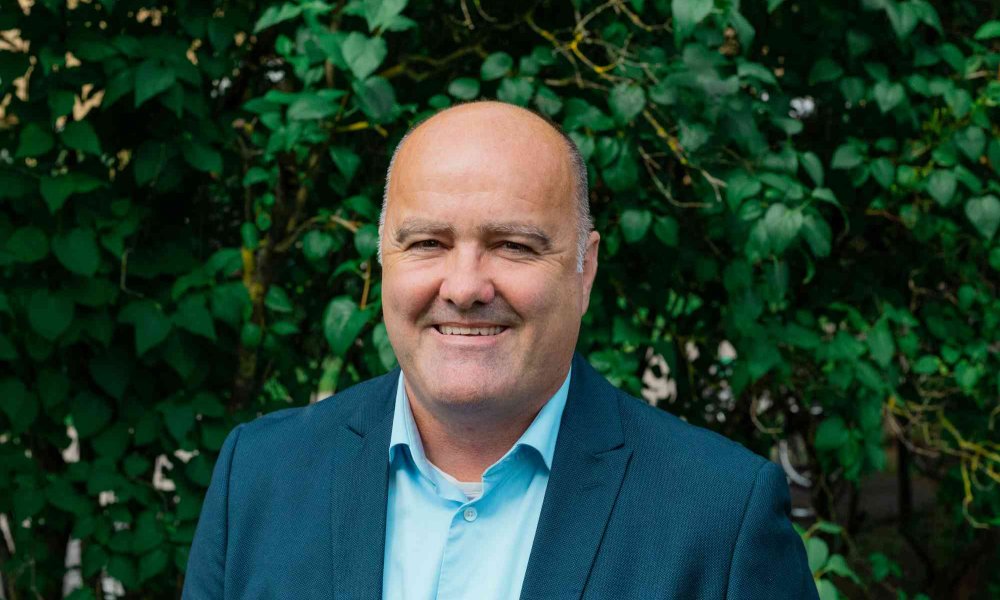Climate reality
The planet and the global economic system are facing challenges of historical magnitude. Planetary boundaries are being exceeded or pushed, and the willingness to take real action is lacking. “Too little, too late” could be the legacy we leave for future generations. Or not.
2024 will be a critical year for investors navigating the needed transition. Long term value creation depends on sustainable development in economic, environmental and social terms. 2023 was the hottest year on record, and the latest climate science tells us clearly why this must be a year of robust and forceful engagement:
- at best, the remaining carbon budget for a 50% chance of limiting global warming to 1.5C is just six years’ worth of emissions at current rates, a mere 250 Gt CO2.
- irreversible changes to our planetary systems are already occurring, with tipping points a real and immediate threat.
- whatever emissions reductions we commit to, scientists say melting of the West Antarctic ice sheet could already be irreversible. Total collapse will lead to a five-metre rise in sea levels, over the next centuries.
- parts of the Amazon are now turning into a carbon source - rather than a carbon sink. This could be a first sign of the Amazon tipping point.
Our work with global asset owners and managers is showing us that institutional capital is increasingly understanding the urgency of rapid decarbonisation - and the value to portfolios when companies align with, rather than fight, the energy transition. But in order to make the changes we need, in the timeframe demanded by science, we all need to be pushing harder.
Engagement vs divestment
One way of dealing with a problematic company, sector or jurisdiction is to divest. Divestment is easy to understand at face value. Selling a stock that is disagreeable to your values seems like a common-sense approach. And sometimes it is – not all companies or sectors are worth the time and effort to try to change them. But divesting does not solve the underlying problem, and the biggest argument against divestment is that selling the company will have little to no impact on reducing societal or planetary harm.
Engagement, on the other hand, gives investors a range of tools:
- meetings with the company
- strategic voting at a company’s AGM
- filing resolutions, changing or adding to the board of directors
- filing lawsuits and engaging with regulators.
Done properly, investment stewardship can lead to real world change and actual CO2 emission cuts.
Storebrand in Japan - a success story
Storebrand has long been a global leader in sustainability. Starting screening for sustainability factors in its investments back in the 1990s, it now has a deep experience few, if any, can match. Engaging with companies on controversial and difficult topics is part of the Storebrand sustainability team’s DNA.
In recent years, Storebrand and ACCR, together with a few other universal owners, have strategically engaged with parts of the Japanese steel sector. This is a key sector for Japan’s successful decarbonization and globally significant due to its size and total greenhouse gas emissions. A direct consequence of our engagement is a strategy shift at one of the largest steel makers in Japan, with millions of tonnes of CO2 emission being avoided, as a result from the company switching one of their blast furnaces to an electric arc furnace.
The way forward
At ACCR we are convinced that science-based, strategic and forceful stewardship is the way forward. Looking globally, we see an increasing number of financial institutions using more of their stewardship tools than before. It is very welcome, but it is still not enough. We need:
- investors thinking strategically about how they prioritise their resources and which companies and sectors they engage with
- financial institutions properly resourcing stewardship - impactful work is resource-intensive
- smart collaborations and better coordination amongst investors
- escalation in stewardship that matches the urgency required by science.
This year and the coming years are going to be absolutely crucial if we are to limit global temperature increases and secure value for investors. I am optimistic, and we are looking forward to continuing to work with Storebrand and other leading institutional investors to achieve these goals.
Note: This is an opinion by an external contributor, providing an expression of views held by them and the organization they represent.







